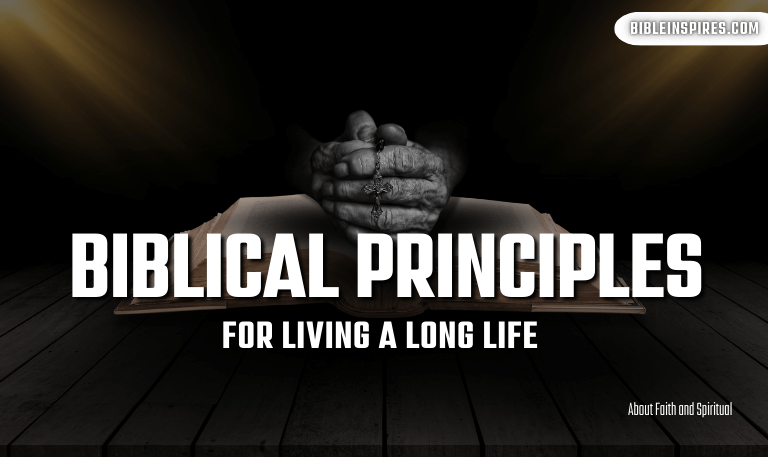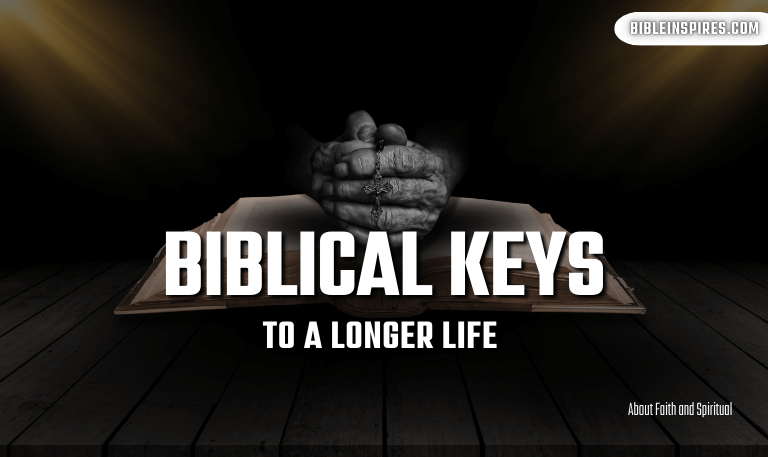The concepts of Heaven and Hell have fascinated humanity for millennia, shaping spiritual beliefs, ethical frameworks, and cultural narratives worldwide. But what exactly are Heaven and Hell? How do different religions define and interpret these realms? Are they physical places, spiritual states, or metaphors? And why do these ideas persist so strongly across cultures?
In this authoritative guide, we explore the vast topic of Heaven Vs Hell—delving deep into religious scriptures, philosophical debates, cultural depictions, and even scientific perspectives. Whether you’re curious about theological meanings, historical origins, or modern interpretations, this comprehensive article will answer your questions and offer insights that enrich your understanding.
What Is Heaven?
Definition and Origins
Heaven is commonly described as a transcendent, blissful realm where souls find eternal peace, joy, and communion with the divine after death. It represents the ultimate reward for moral righteousness or spiritual purity.
The idea of Heaven appears in many ancient texts and mythologies, evolving across time:
Ancient Near East: Early notions of paradise or “garden of bliss” appear in Mesopotamian myths.
Biblical Tradition: The Hebrew Bible references Gan Eden (Garden of Eden) as a paradisiacal place, while the New Testament elaborates on Heaven as the dwelling place of God and the saved.
Other Cultures: Hindu Swarga and Islamic Jannah are heavenly realms promised to the righteous.
Read Also: When Is Jesus Birthday
Characteristics of Heaven
Common attributes associated with Heaven include:
Eternal life without suffering or pain
Presence of a divine being or ultimate reality
Perfect harmony, peace, and joy
Rewards for good deeds and faithfulness
What Is Hell?
Definition and Origins
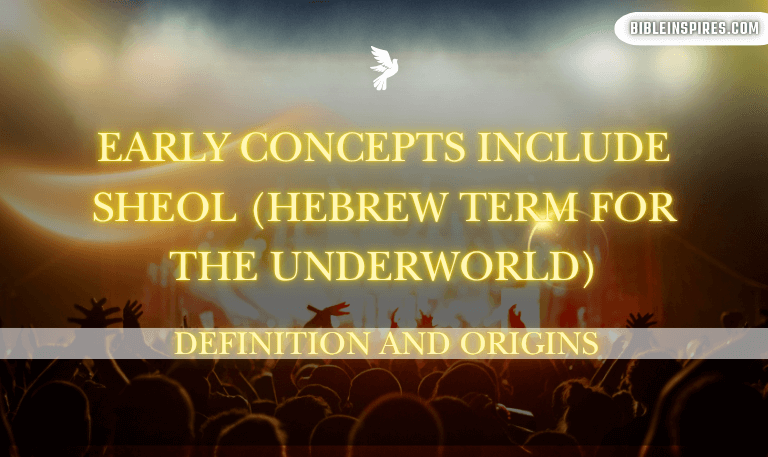
Hell typically refers to a realm of punishment or purification for souls who have committed evil or failed to meet divine standards.
In many traditions, Hell is a place of torment, suffering, and separation from the divine.
Early concepts include Sheol (Hebrew term for the underworld) and Hades (Greek).
Over time, especially in Christianity and Islam, Hell became more vividly described with imagery of fire, darkness, and eternal punishment.
Characteristics of Hell
Typical descriptions of Hell include:
Eternal or temporary suffering and torment
Separation from God or ultimate good
Punishment for sins, evil deeds, or disbelief
Sometimes seen as a place of purification
Symbolism and Meaning of Heaven and Hell
Beyond physical descriptions, Heaven and Hell often function as powerful symbols reflecting humanity’s moral framework:
Heaven symbolizes ultimate goodness, reward, and spiritual fulfillment.
Hell symbolizes evil, punishment, and spiritual failure.
This dichotomy has been used to motivate ethical behavior, explain cosmic justice, and offer hope or warning about the afterlife.
Heaven Vs Hell in Major Religions
Christianity
Heaven: Described as the eternal presence of God, free from suffering (Revelation 21:4). Believers enter Heaven through faith and repentance.
Hell: A place of eternal separation from God, described with imagery of fire and torment (Matthew 25:41). It is reserved for the wicked and unrepentant.
Judgment Day: Souls are judged and sent to Heaven or Hell based on their deeds and faith.
Islam
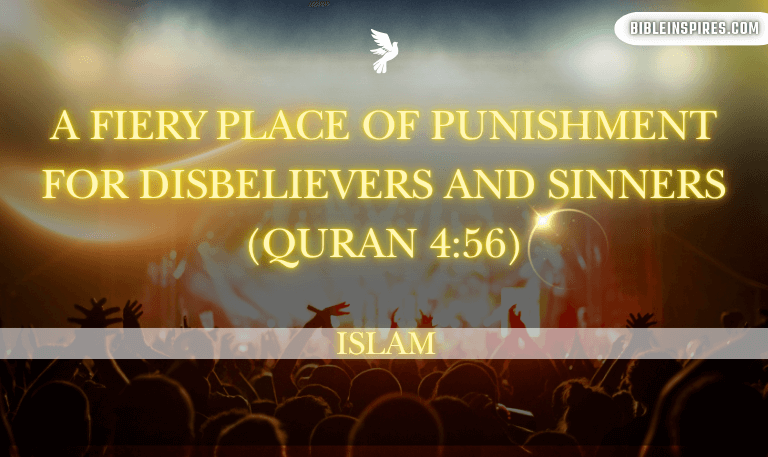
Jannah (Heaven): A lush, beautiful paradise with gardens, rivers, and comfort for the faithful (Quran 18:31). Entry is granted by Allah’s mercy and righteous actions.
Jahannam (Hell): A fiery place of punishment for disbelievers and sinners (Quran 4:56). Some interpretations allow eventual forgiveness after punishment.
Balance of Deeds: Life is a test; deeds are weighed to determine fate.
Judaism
Gan Eden (Paradise): Sometimes refers to a spiritual paradise for righteous souls.
Gehinnom (Hell): A temporary place for purification, often seen as less eternal than Christian or Islamic Hell.
Judaism focuses more on this life than the afterlife but acknowledges reward and punishment concepts.
Hinduism and Buddhism
Swarga and Naraka: Temporary realms where souls experience reward or punishment based on karma.
Reincarnation: Souls cycle through birth and death until achieving moksha (liberation) or nirvana.
Heaven and Hell are seen more as states or places in the cycle rather than eternal destinies.
Philosophical Perspectives on Heaven and Hell
Philosophers debate whether Heaven and Hell are literal places or metaphorical concepts:
Existential views consider them as reflections of human hopes and fears.
Moral philosophy analyzes their role in justice and ethics.
Some see Heaven and Hell as psychological states — bliss or torment experienced in this life or after death.
Debates focus on the fairness of eternal punishment and the nature of divine justice.
Cultural Depictions: Literature, Art, and Media
Dante Alighieri’s Divine Comedy (14th century) vividly portrays Hell (Inferno) and Heaven (Paradiso), influencing Western imagination.
John Milton’s Paradise Lost explores the fall of Lucifer and contrasts Heaven and Hell.
Art
Medieval and Renaissance paintings depict scenes of Heaven and Hell, often as moral lessons.
Popular imagery includes angels, devils, flames, and gates of pearl.
Modern Media
Films, music, and TV shows often use Heaven and Hell as settings or metaphors (e.g., What Dreams May Come, Lucifer).
Pop culture frequently explores themes of redemption, punishment, and the afterlife.
Comparative Analysis: Similarities and Differences
| Aspect | Heaven | Hell |
|---|---|---|
| Purpose | Reward, eternal peace | Punishment, purification |
| Nature | Blissful, divine presence | Suffering, separation from divine |
| Duration | Usually eternal | Eternal or temporary (varies by religion) |
| Entry Criteria | Faith, good deeds, divine mercy | Sin, disbelief, evil deeds |
| Physicality | Often described as spiritual or metaphysical | Often described with physical torment |
Near-Death Experiences (NDEs): Some report visions of light, peace, or tunnels resembling Heaven; others describe frightening experiences akin to Hell.
Neuroscience explains these phenomena as brain activity during trauma.
Skeptics argue Heaven and Hell are human constructs without empirical evidence.
Ethical critiques question the justice of eternal punishment.
Modern Implications of Belief in Heaven and Hell
Belief influences moral behavior and social norms.
Provides comfort or fear related to death and justice.
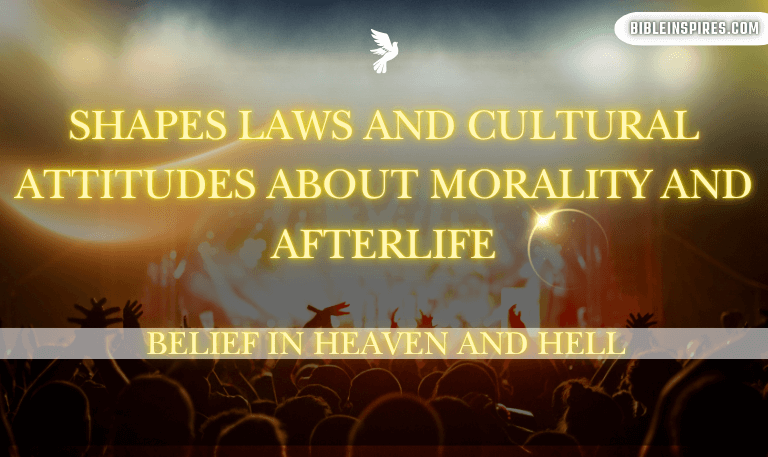
Shapes laws and cultural attitudes about morality and afterlife.
Plays a role in interfaith dialogue, fostering understanding or conflict.
Heaven Vs Hell FAQs
Q1: What is the main difference between Heaven and Hell?
A: Heaven is traditionally a realm of eternal reward and peace, while Hell is a place of punishment and suffering.
Q2: Do all religions believe in Heaven and Hell?
A: Most major religions have concepts of reward and punishment after death, but beliefs vary in nature and interpretation.
Q3: Can a person go to both Heaven and Hell?
A: Typically, belief systems hold that souls enter one or the other based on moral and spiritual criteria.
Q4: Are Heaven and Hell physical places or spiritual states?
A: Interpretations vary; some view them as literal locations, others as metaphorical or spiritual states.
Q5: What determines if someone goes to Heaven or Hell?
A: Criteria usually include faith, deeds, moral choices, and divine judgment.
Q6: Is Hell eternal?
A: Views differ; some believe in eternal punishment, others in temporary purification.
Q7: What do near-death experiences say about Heaven and Hell?
A: NDEs describe various experiences that some interpret as glimpses of the afterlife, though scientific explanations exist.
Q8: How do cultural views of Heaven and Hell differ worldwide?
A: Different cultures and religions have unique descriptions and beliefs, reflecting their traditions and values.
Conclusion
The enduring concepts of Heaven and Hell reveal humanity’s deepest hopes and fears about justice, morality, and what lies beyond death. From sacred scriptures to modern pop culture, these ideas continue to shape lives and beliefs globally. Whether you approach them from a religious, philosophical, or scientific perspective, understanding Heaven Vs Hell enriches your worldview and invites thoughtful reflection on ethics, existence, and the mysteries beyond our mortal life.
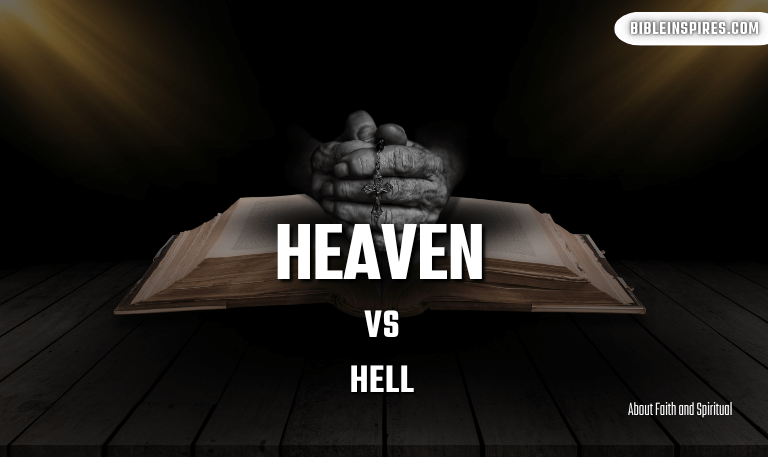
![How to Forgive According to the Bible [2025 Guide] 12 How-to-Forgive-According-to-the-Bible-[2025-Guide]](https://bibleinspires.com/wp-content/uploads/2025/04/How-to-Forgive-According-to-the-Bible-2025-Guide.png)
